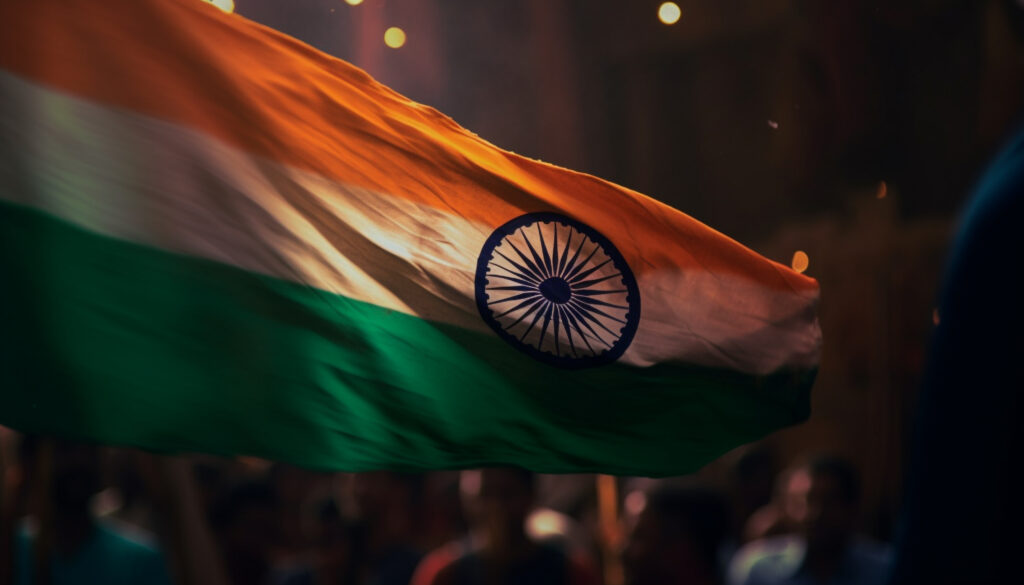International Coffee Day: A Celebration of Global Brews and Warm Connections.

Introduction
International Coffee Day, celebrated annually on October 1st, is a global ode to one of the world’s most beloved beverages: coffee. This day is not just about sipping your favorite brew; it’s a celebration of the rich history, diverse cultures, and the deep-rooted social connections that revolve around a simple cup of coffee. In this article, we will explore the origins of International Coffee Day, its significance worldwide, and the fascinating coffee cultures across different nations.
The Origins of International Coffee Day
International Coffee Day was first celebrated in 2015, initiated by the International Coffee Organization (ICO). The ICO launched this day to recognize the millions of people involved in coffee cultivation, processing, and trading across the globe. October 1st was chosen as it aligns with the beginning of the coffee harvesting season in many countries, especially in the coffee-growing regions of the world. Since its inception, International Coffee Day has gained momentum, becoming a global phenomenon celebrated in various ways across different countries.
The Significance of International Coffee Day
This day holds immense importance as it sheds light on the economic, social, and cultural impact of coffee. Economically, coffee is a vital export product for many countries, supporting the livelihoods of millions of farmers and laborers. Socially, coffee serves as a universal language, bringing people together over a cup of warmth and conversation. Culturally, the way coffee is prepared and consumed varies dramatically, showcasing the creativity and diversity of human cultures.
Exploring Coffee Cultures Around the World
Ethiopia: Often hailed as the birthplace of coffee, Ethiopia boasts a rich coffee culture. In Ethiopian coffee ceremonies, the process of roasting and brewing coffee beans is a sacred ritual, emphasizing the importance of community and hospitality.
Italy: Italy is synonymous with espresso culture. Italian espresso, with its strong and robust flavor, is the foundation of popular coffee drinks like cappuccinos and lattes. Italian coffee culture emphasizes the enjoyment of a brief but intense coffee experience.
Turkey: Turkish coffee, known for its thick texture and strong taste, is prepared by boiling finely ground coffee beans with water and sugar in a special pot called a cezve. It is traditionally served in small cups and often accompanied by Turkish delight.
Vietnam: Vietnamese iced coffee, or cà phê sữa đá, is a unique blend of strong drip coffee and sweetened condensed milk, served over ice. This refreshing drink exemplifies Vietnam’s ability to balance strong flavors and create a harmonious taste experience.
Sweden: Sweden is famous for its tradition of fika, a coffee break accompanied by pastries or sandwiches. Swedes enjoy their coffee in a relaxed manner, using this time to socialize and connect with colleagues, friends, and family.
The Social Impact of Coffee
Beyond its rich flavours and cultural significance, coffee plays a crucial role in fostering social connections. Coffee shops serve as community hubs where people gather to work, socialize, or simply unwind. These spaces facilitate meaningful conversations, idea sharing, and the birth of lifelong friendships. Additionally, many coffee companies prioritize ethical sourcing practices, supporting sustainable farming and fair trade, thus positively impacting the lives of coffee farmers and their communities.
Conclusion
International Coffee Day is more than just a celebration of a beverage; it’s a celebration of human connections, cultural diversity, and economic sustainability. Whether you prefer a strong Italian espresso, a velvety Turkish coffee, or a trendy Vietnamese iced brew, every cup of coffee tells a story. So, on October 1st, let’s raise our mugs high, honoring the farmers, baristas, and coffee enthusiasts worldwide. Here’s to the magical bean that brings us all together – Happy International Coffee Day!











